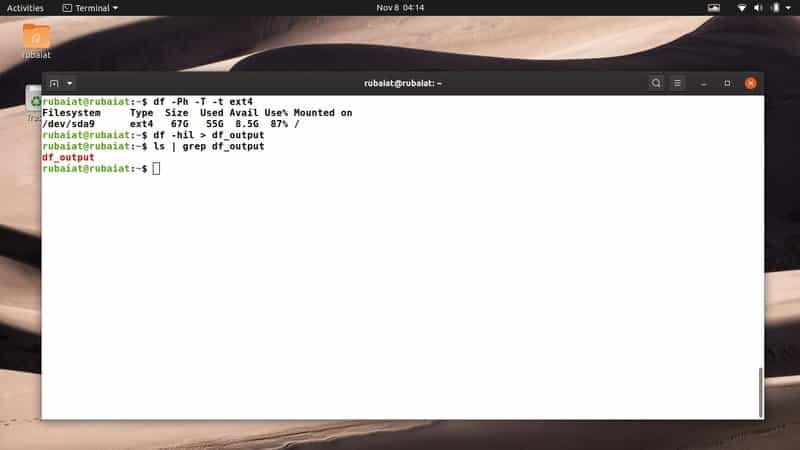
To prevent this behavior, a completer can return a RichCompletion with append_closing_quote=False. I.e the completion /usr/bin will turn into /usr/bin". The closing quote will be appended to all completions.cursor at the end of ls "/usr/"), the following happens: When the cursor is appending to a closed string literal (i.e. Use the jedi xontrib to see it in action.Īppend a space after the completion ( append_space=True) Control how the completion looks in prompt-toolkit (via display, description and style).Provide a specific prefix length per completion (via prefix_len) To provide further control over the completion, a completer can return a RichCompletion object. To remove a completer from the list of active completers, runĬompleter remove NAME, where NAME is the unique identifier associated It is also possible to manipulate _xonsh_.completers directly,īut this is the preferred method. To understand how xonsh uses completers and their return values try ''' return, len ( 'lou ' ) + len ( command. # Helper decorators for completers: from import * def dummy_completer ( context ): ''' Completes everything with options "lou" and "carcolh", regardless of the value of prefix. Of the currently-active completers, in the order in which they will beĬompleters are implemented as Python functions that take a Completion Context object. This command will display names and descriptions The collected completions are then displayed to theĪ list of the active completers can be viewed by running theĬompleter list command. Order, calling each one in turn and collecting its output until it reaches an exclusive one that returns a non-empty When the “tab” key is pressed, xonsh loops over the completion functions in completions for the built-in commands and/ or). Non-exclusive completers are used for completions that are relevant but don’t cover the whole completions needed The completers are divided to exclusive completers and non-exclusive completers. That maps unique identifiers to completion functions. Xonsh’s built-in completers live in the pleters package, and theyĪre managed through an instance of OrderedDict ( _xonsh_.completers) Includes instructions for implementing new tab completion functions. This page details the internal structure of xonsh’s completion system and Xonsh also provides a mechanism by which the results of a tab completion can beĬustomized (i.e., new completions can be generated, or a subset of the built-in
XONSH SAVE OUTPUT FULL
Subprocess-mode, xonsh additionally completes based on the names of anyĮxecutable files on your $PATH, alias keys, and full Bash completion for the Keywords & operators, files & directories, and environment variable names. Names in the current builtins, globals, and locals, as well as xonsh language In Python-mode, pressing the “tab” key will complete based on the variable

Partially-specified arguments upon hitting the “tab” key. Toggle table of contents sidebar Tutorial: Programmable Tab-Completion # Overview #Īs with many other shells, xonsh ships with the ability to complete


 0 kommentar(er)
0 kommentar(er)
